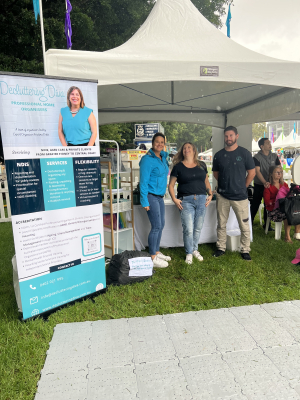
What is Chronic Disorganisation?
You may never had heard the term ” Chronic Disorganisation” until now, and that’s ok. Unlike the terms hoarding or clutter which are used frequently, this term is newish one.
Those that struggle with chronic disorganisation (CD) have been dealing with clutter for a long time, hence the word chronic in the name.
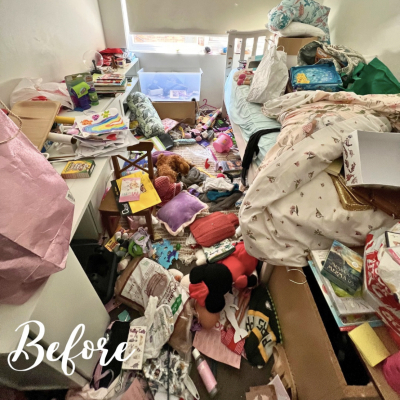
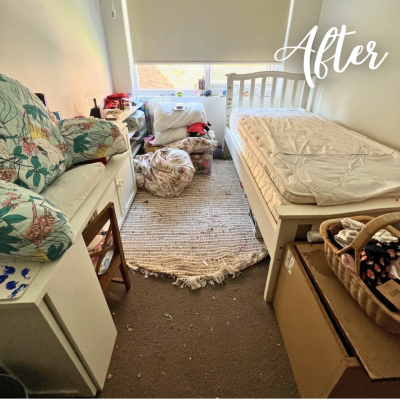 Clutter and Quality of Life
Clutter and Quality of Life
Excess clutter significantly impacts quality of life – bills not being paid on time, losing things, being late or missing appointments, lack of focus or care.
Clients with CD have tried to declutter and get organised. They probably own every organising book on the market (but hasn’t read them), has lots of to-do lists and diaries, and has bought so many types of containers in the hope that they would solve the problems.
But alas nothing has stuck. No trick has cured them.
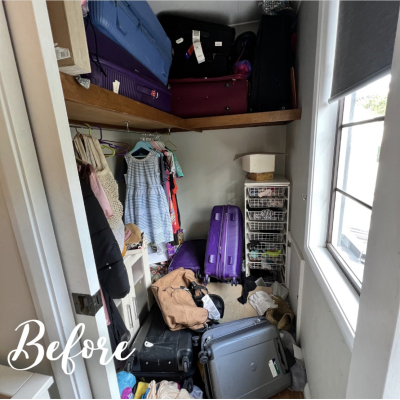
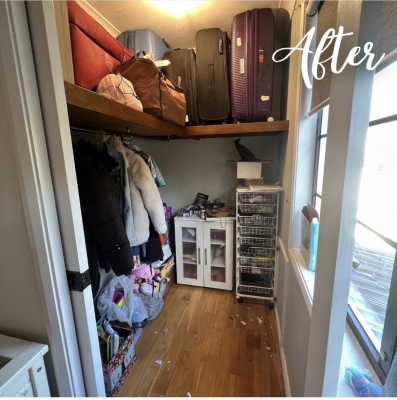
Does this sound familiar?
I saw it in my clients too and new giving them a Pinterest worthy pantry wasn’t going to solve the problem, we needed to look deeper.
That’s where I started my studies with ICD to become a CD Specialist. And how my eyes where opened to the possible complexities and fragility that creates this condition.
Factors of CD
Some factors associated with CD may seem obvious like acquiring too much stuff or poor storage options but others can be harder to recognise like learning styles not suiting the organisation system, problems processing items eg hard to make decisions, categorisations difficulties or being easily distracted or learning differences.
Some factors are
external and are not always in one’s control like health issues, death of a loved one, job loss or other trauma or just getting older.
The way our brain processes things is a huge factor – what to do with things, how to categorise things, how we like to see things (or hide them away), how we value things and put value in things. Imagine how debilitating it could be for someone to get organised when they struggle to let go of things – because they have strong beliefs about waste, hold their identity in what they own or can’t let go of things that are sparkly or super soft.
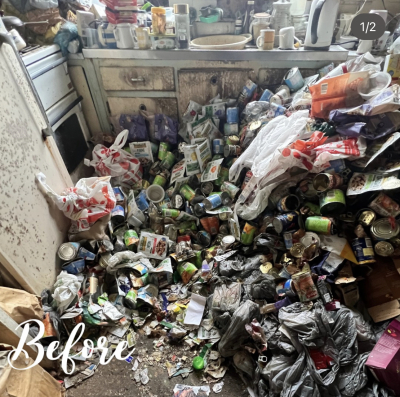

My journey with CD
The more I delved into it, the more fascinating it became – hence my continued studies and my drive to specialise working with clients with CD issues.
I’m not perfectly sure on who started it but organising legend Judith Kolberg was the first to present about it to her fellow peers at a NAPO conference in 1992 (yes we have conferences just for those who organise for our jobs).
This presentation then led to a focus group called the National Study Group on Chronic Disorganisation (NSGCD) in 1993. This group grew and was renamed
Institute for Challenging Disorganisation (ICD) in 2001. I have been a student of ICD since 2014, just a year after starting my home organising business.
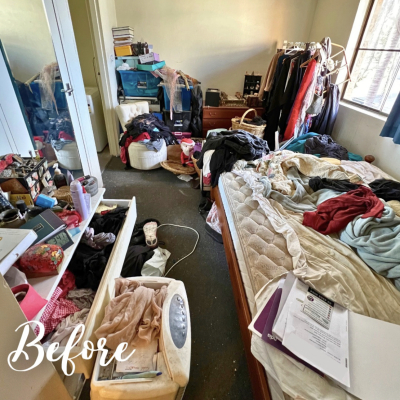
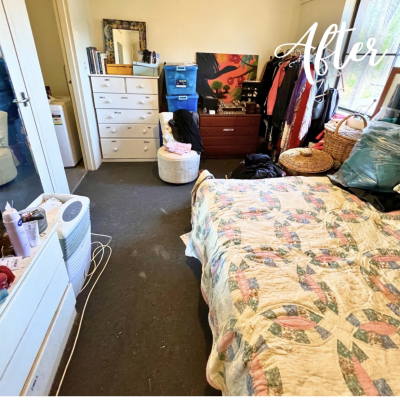
Why did I join ICD?
Because early on I could see there was a type of client that needed more attention, more knowledge, more understanding – those that suffered with Chronic Disorganisation issues.
These clients had challenges like those who are consistently overweight. They try different diets, read various books, try different medications or exercise programs or they may have a family history or other medical issue that exacerbates their weight.
All or some of these factors create a feeling of almost constant focus and seeming failure to manage their weight.
If you would like to learn some more ICD offers some fact sheets that may interest you. Click
here to go their website.
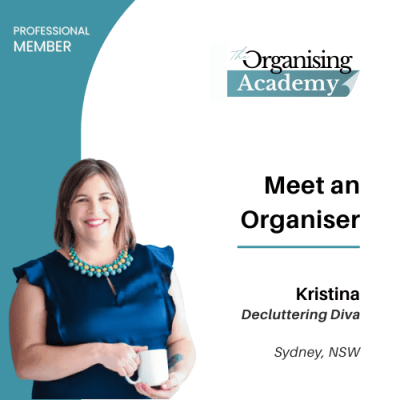
If you would like to know how working with a professional organiser could help you, get in contact with Kristina at Decluttering Diva in Sydney.


 Clutter and Quality of Life
Excess clutter significantly impacts quality of life – bills not being paid on time, losing things, being late or missing appointments, lack of focus or care.
Clients with CD have tried to declutter and get organised. They probably own every organising book on the market (but hasn’t read them), has lots of to-do lists and diaries, and has bought so many types of containers in the hope that they would solve the problems.
But alas nothing has stuck. No trick has cured them.
Clutter and Quality of Life
Excess clutter significantly impacts quality of life – bills not being paid on time, losing things, being late or missing appointments, lack of focus or care.
Clients with CD have tried to declutter and get organised. They probably own every organising book on the market (but hasn’t read them), has lots of to-do lists and diaries, and has bought so many types of containers in the hope that they would solve the problems.
But alas nothing has stuck. No trick has cured them.



 If you would like to know how working with a professional organiser could help you, get in contact with Kristina at Decluttering Diva in Sydney.
If you would like to know how working with a professional organiser could help you, get in contact with Kristina at Decluttering Diva in Sydney.